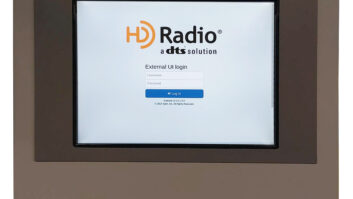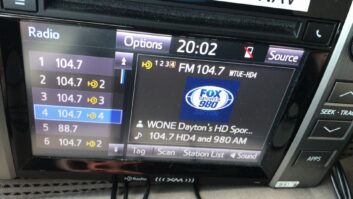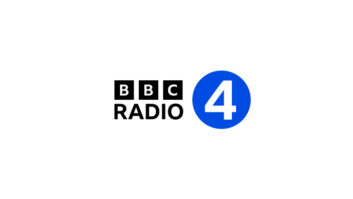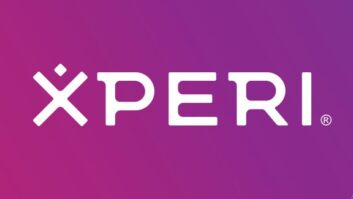Here’s more background on scalable lossless audio coding from Fraunhofer, providing further context for the announcement above:
“Lossless audio coding schemes offer audio data compression, with the decoded audio data being bit by bit identical to the original audio data.
“There is a number of important applications for lossless audio coding schemes, even though their compression ratio is far from that of modern perceptual audio coding schemes. The main application is in archiving speech and music, yet lossless formats also are of high interest as an intermediate in production or broadcast chains to prevent possible tandem-coding artifacts. And during the restoration of old recordings, lossless codecs can save considerable amounts of disk space without running into any risk of generating coding artifacts during later processing of the audio data.
“Nevertheless there are numerous application scenarios where there is not enough bandwidth to use a fully lossless audio file – therefore Fraunhofer IIS offers a scalable audio codec that has a fine grain scalability from highest compression to highest lossless quality.
“Fraunhofer IIS offers a fully scalable to lossless audio coding solution. On top of MPEG-4 AAC, a scalable extension layer increases the signal-to-noise-ratio, reaching losslessness at data rates comparable to that of current pure lossless audio codecs, that is, at average compression ratios of about 50%. The flexible scalability of the extension makes this combination an ideal coding solution for production environments, where the result is to be transmitted to several recipients through channels of differing bandwidth. Also, for private and professional use in music archives, this enables storing the original music data and transferring highly compressed copies, e.g. to portable devices without time-consuming recoding operations.
“The technologies behind HD-AAC are MPEG-4 Advanced Audio Coding (AAC) and MPEG-4 Scalable Lossless Coding (SLS). Both are subparts of the MPEG-4 Audio standard ISO/IEC 14496-3. This open standard guarantees interoperability, reliability, and fair and reasonable licensing terms.”












